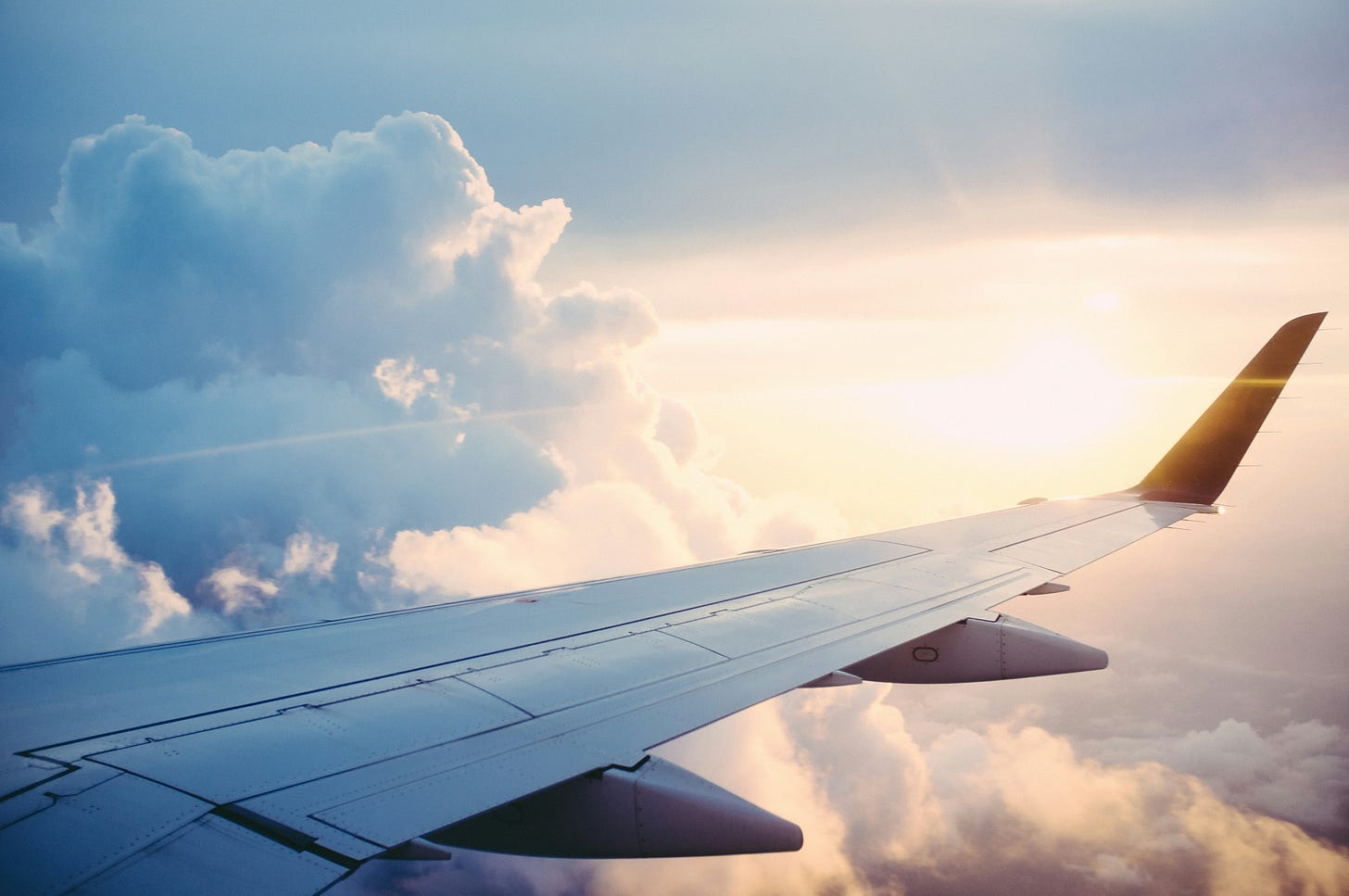
Are you old enough to remember what vacations were like before social media? Before digital cameras, even? Did you grow up in the kind of family where vacations were lengthy road trips to a campground, beach, historic site, or great aunt’s house? Where you were lucky if you had a Walkman or could read in the backseat without getting car sick? It’s hard to overstate how different travel looks today for most of us and the kind of heightened expectations that we’ve attached to it.
Anne Helen Petersen wrote about old-school family vacations in Culture Study recently, noting:
I cannot emphasize this one enough: the trips people remember, the ones they cherish, were not fancy. They cost money, but they were not the sort of thing you put on your credit card and paid off for the rest of the year. […] You rarely ate out — even if you were on the road. You ate sandwiches made at rest stops, drank pops from the cooler. […] Someone in your family would have a point-and-shoot with a new roll of film — but only 24 available attempts to capture the week, and that was that.
I read her newsletter on the heels of my return from a work trip that took me to Spain, the Netherlands, and Germany. Although the trip was a success in every way, I still wondered: Did I eat enough tapas? See enough Gaudi? Soak up each city’s vibe? Take enough photos and, of course, post them in the right places? Even though this wasn’t a vacation, I still felt a cultural expectation to maximize my time abroad in just the right ways.
For me, travel is a time when I feel most vulnerable to the tyranny of “shoulds.” Whether it’s an internal monologue - “I should find somewhere interesting to have lunch rather than grabbing a sandwich” - or well-meaning advice from others - “You should check out this exhibit or you have to go this neighbourhood,” the shoulds can quickly become overwhelming. I feel guilty and apologetic to…someone?
I don’t know who these imagined travel police are that are judging my experiences as unworthy. But let me admit publicly that sometimes a peak travel moment looks like firing up the hotel room kettle, opening a candy bar that you bought from the vending machine, and watching Midsomer Murders on the BBC.
I get the desire to maximize our time when we go somewhere new. I think there’s also value, however, in slowing down enough to actually enjoy and absorb what you’re experiencing. That might look like reading a book in the park, taking an afternoon nap, checking out just one or two rooms in a gallery, or skipping the area’s most popular and crowded attractions all together.
I’m reminded of Oliver Burkeman’s central argument in Four Thousand Weeks: Time Management for Mortals: that it is fundamentally impossible to do everything that we want to do or think we should do in our painfully short mortal lives. It’s also true that no matter how long we spend visiting a place, we can never do “all the things.” If we’re always aiming to maximize, then we’ll inevitably fall short.
Isn’t it better to let go of that need, be present for the things we do get to do, and come home satisfied, rather than disappointed and full of leftover shoulds?
What I’m reading: The Note, by Alafair Burke. A mystery-thriller about a weekend in the Hamptons that goes very wrong.
What I’m watching: Your Friends and Neighbors. More layered and interesting than the trailer suggests!



